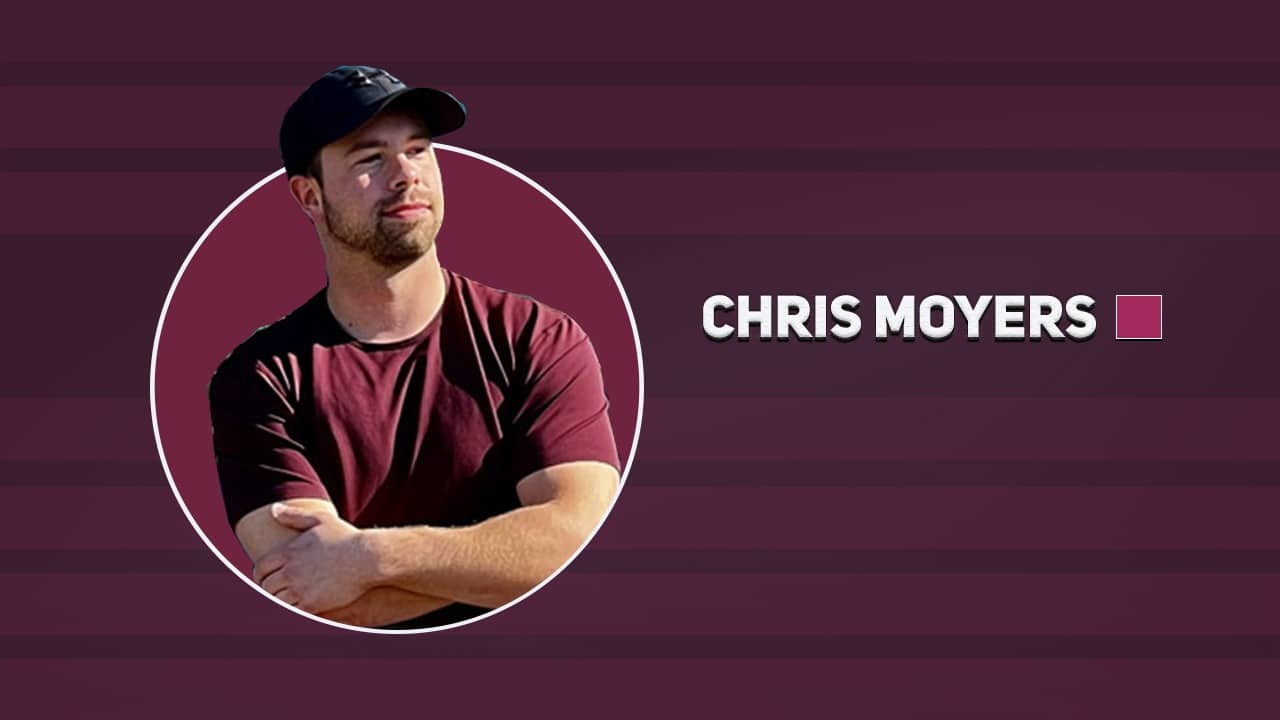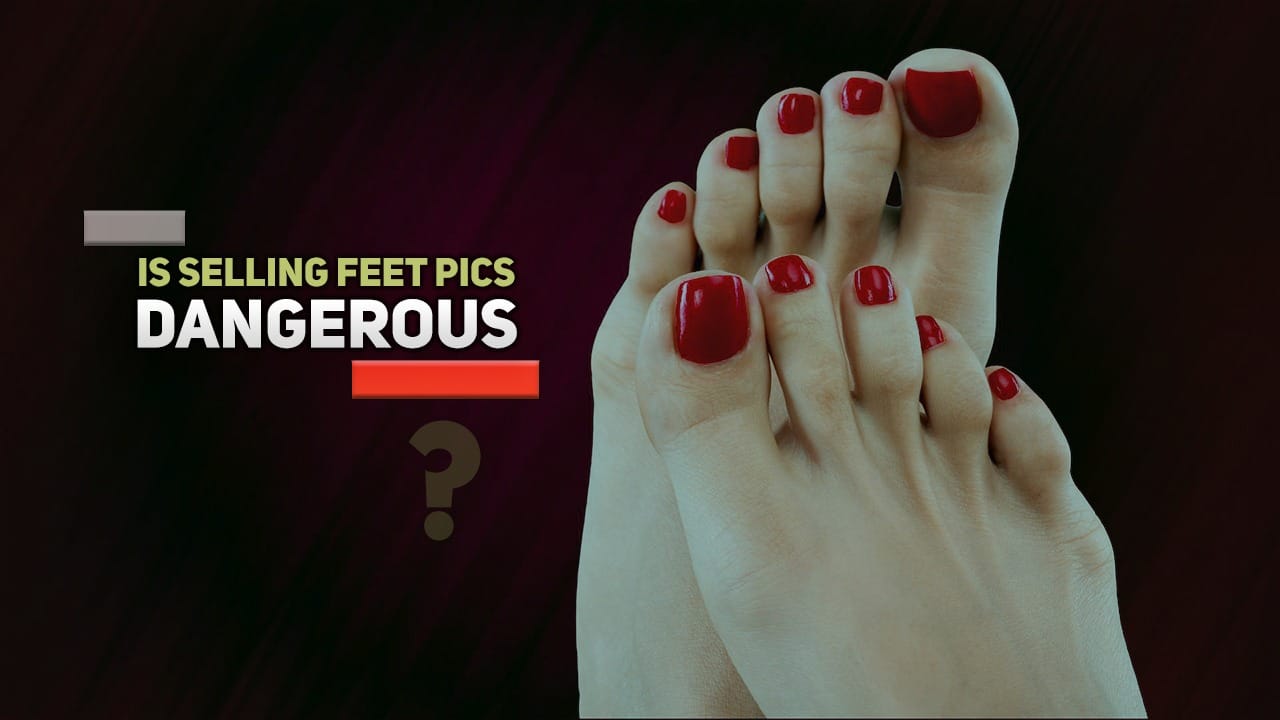A patent protects your invention from being copied. The patent covers the process and technology used to manufacture your product. However, there are a few exceptions that apply to some types of patents. If your invention is not useful and obvious to others, you can still get it protected by obtaining a design patent. A design patent does not apply to something that is already widely used, like a car. Your invention must be new to the market and not be obvious to others.
-
Trade Secrets
An InventHelp patent service will protect your invention. This is essential for two reasons. First, an InventHelp patent will protect you from competing products and ideas that may be inferior to yours. This is the best way to avoid losing sales to products that don’t live up to your standards. Second, it will protect your idea from piracy, which is a major risk for inventors. Protecting your idea is important to avoid the negative impact of piracy on your business.
-
Utility Patents
If you’re an investor, it’s important to remember that there are two types of patents: design patents and utility ones. Utility patents protect your physical inventions, while design patents protect the decorative aspects of a product. For example, if you invented a phone case, you’d likely apply for a design patent, but then file a utility patent to protect its unique design. Many inventors wonder what the difference is between the two patent types and what each has to offer.
-
Design Patents
Obtaining a design patent for your new product or idea is a crucial step in protecting your creation from being copied. To qualify, the product must be visually different from similar products and have a new function or structure. It is also important that you include references to existing patent applications and any funding sources. A design patent application costs around $650 for high-quality drawings. However, unlike utility patents, which require more textual information, design patent applications can be filed quickly and inexpensively.
-
Non-obvious Inventions
A patent is a legal document that protects a non-obvious invention from being copied and sold. The law recognizes that an inventor’s work is unique and must be backed by specific documents to support its claim. The patents are often issued for products that aren’t widely used or known, and inventors can rely on these documents to support their claims. A patent may also protect an idea that is too basic to be patentable.
-
Pre-Award Licensure
There are several ways to protect your invention from theft. Pre-award licensure is one of the best options. The idea must be sufficiently novel, useful, and non-obvious to merit patent protection. In order to secure this protection, you must apply for a pre-award license. Once you have applied, the next step is to wait for the results. If you don’t get it within a year, your invention will be lost forever.
-
Documentation
When you are protecting your invention from being copied by others, documentation is vital. Without it, you could be exposing your product to inferior competition, which could affect sales. Luckily, there are a variety of ways to protect your invention. Listed below are a few suggestions. You can also find help online. Keep in mind that it is not easy to get legal assistance for your invention. But if you follow a few basic guidelines, you can protect your invention from being copied.
-
Scope of Protection
In the specification section of a patent application, a claim must clearly identify the subject matter the applicant deems to be his or her invention. Patent claims may not be too broad if they are ambiguous and use common patent profanity. Common terms to avoid in claim construction include “everything”, “must,” and ‘absolutely.’ All parts of a specification should be carefully drafted. However, any part may be used in a claim construction if it is specific enough to identify the invention. The Federal Circuit has explicitly relied on “Summary” and ‘Abstract’ when defining the scope of a patent.
-
Patent Application
Filing a patent application with the help of InventHelp services is the best way to protect your invention. However, the process is time-consuming and can take several years. For this reason, you can start with a provisional patent, which is less expensive and provides 12 months of protection. This will allow you to conduct market research, seek peer review, and court investors while you secure funding. Once you have secured sufficient funding, you can then move forward with a full patent application.
-
New Invention
Another key aspect of patent protection is the requirement for your invention to be new. If you share it with the public, it is possible that someone will steal it and make a profit from it. However, this is not always possible. This is why you must protect your idea with a patent. By securing a patent, you can guarantee that only you have the rights to your idea and will not be able to copy or sell it to another company.
-
Original Inventor
Inventions can be in the form of machines, chemicals, or new plant species. In order to receive a patent, you must be the first inventor. If you have a joint inventor, you can also file a joint application to share the invention. However, the original inventor will receive the patent. If the invention is not patented, the company will have to pay for the patent application. This is not a good idea if it’s likely to be pirated.
-
Marketing Tool
In addition to protecting your idea, a patent is an important marketing tool. It can help you get funding by attracting investors. When a company comes to licensing your invention, you should show them that you have a patent. This will make your product more valuable to them because no one else will be able to produce it. It will also make it much easier for them to market it. The only company authorized to manufacture your product will have the right to sell it to anyone else.
But if you are planning to pitch it to investors, it is vital to take the necessary steps to protect it from piracy. Taking the time to protect your idea and your main idea will give you the peace of mind you need to pitch your invention to investors. You should also consider licensing your idea to another company, as this will allow them to make money off of it.










































